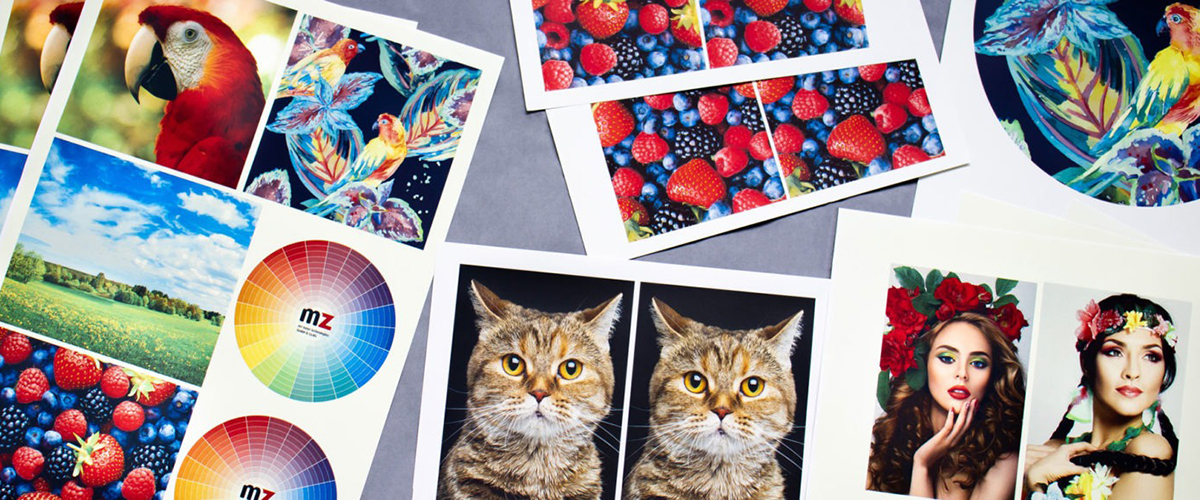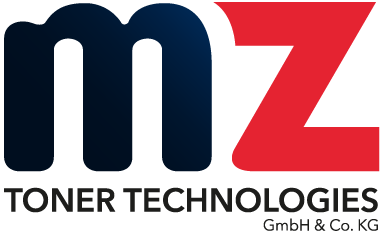
Digital ceramic printing
Digital ceramic printing is a high-resolution laser printing process for ceramic decals. A special feature of these ceramic transfers: When placed in water, they come away easily and can be slid onto the substrate. They are therefore also referred to as water slide decals or water decals.
Materials and scope of application
Ceramic tiles, stoneware mugs, porcelain or glass tableware as well as enamelled house number plaques are only a few areas of application for digital ceramic printing. The images are transferred to the object to be printed with the help of a printed backing film.
In addition to tableware and souvenirs, wall and floor tiles, signs and plaques, digital ceramic printing is increasingly being used for large format objects, such as backlit wall decorations in interior decorating or glass and ceramic elements in façade design.
Advantages of the process
Ceramic digital laser printing uses a higher resolution and higher speed than inkjet printing, allowing high resolution images from 600 to 1,200 dpi to be reproduced (e.g. for portraits). As the images are printed as water decals, the materials to be printed – such as glass, enamel or ceramics – the materials to be printed do not have to be on site to be decorated.
In contrast to ceramic screen printing, images can be changed at any time with ceramic digital printing. The digital process therefore requires no long setup times and is therefore much more cost efficient – for large or small runs or even one-off prints in small and large formats. Both processes combine inorganic colour pigments, which are suitable for firing at high temperatures, with the respective substrate.
Required system components
Computers & software: Suitable: standard commercial PCs with Microsoft Windows or Apple Mac OS as well as common image editors such as Adobe Photoshop® in current versions with the corresponding Adobe® print tools.
Printers/copiers: A few manufacturers now offer modified printers/copiers for printing ceramic decals – for example mz Toner Technologies GmbH & Co. KG from Saarbrücken (Germany) with its patented ceramic printing system. These systems can be used to print high-quality water decals that can be easily applied to different materials (stoneware, porcelain, glass, enamelled metal or ceramics).
Toners and developers: Only toners and developers that were developed specifically for ceramic printing with the respective printing systems can be used.
Special printing paper: A distinction has to be made between uncoated decal paper that still require surface finishing and pre-coated paper that can be printed on directly.
Varnishing: For surface finishing, the decals are usually varnished or laminated with a protective coating, e.g. to make tableware or glasses highly resistant against abrasion and to make them dishwasher safe.
Kiln: The special aspect of ceramic printing with decals: The printed decals are fired with different temperatures, depending on the material, e.g. porcelain at approx. 840 °C. Depending on the substrate, the firing temperatures range from 560 to 1,250 °C.
Ceramic toners – colour sets and individual toners
Printing machines for ceramic digital printing do not use the traditional CMYK primary colours, but a much smaller colour space. With the corresponding colour ranges, printing results can nevertheless be achieved that are similar to the traditional colour ranges for lithographic printing.
Reproducing the colour red is a special challenge. Manufacturers of ceramic toners, such as mz Toner Technologies GmbH & Co. KG from Saarbrücken (Germany), therefore offer two colour spaces: the magenta gamut and the red gamut. In combination with the printing machines specially configured by mz Toner Technologies, they reproduce all colours of the respective colour range, i.e. they help with the selection of the suitable colour spectrum.
The colours in the magenta colour spectrum look particularly natural – perfect for skin tones and the purple/violet gamut, while the red toner set makes the reproduced colours even warmer and richer.
In addition to the toner colour sets, it is also possible to develop special colours and customised individual colours – adapted to the respective materials, required firing temperatures and desired product properties. The colour spectrum ranges from bright blues for water and sky and exclusive CI colours to dark black for black-and-white applications and versatile white for coloured ceramics.
Surface finishing
The decals are fired to become a permanent part of the material. The quality of the printed product, its colour stability and scratch resistance depend not only on the quality of the toner, but also on the surface finishing with varnishes and lamination.
Varnishes and lamination provide the final finish, depending on the texture. They protect against fading due to continuous exposure to sunlight and provide additional abrasion resistance for strong surface wear (e.g. tableware in a dishwasher).
Pre-coated paper makes handling easy, guarantees even varnish application and can be applied directly after being placed in water.
Pre-fluxed varnish and lamination are more flexible than unfluxed varnishes and lamination. This means that smooth transitions can be achieved even on shaped objects, without the typical decal effect.
See our application examples here.
ceramictoner – The original
ceramictoner is a brand of mz Toner Technologies. The in-house developed and later patented powder toners are manufactured by our own production and distributed worldwide. Initially, ceramictoner started with the basic ceramic CMYK colours. Today, the range includes toner sets based on Magenta and Selenium red, food-safe sets as well as high-temperature and glass toners. Paper types and printing accessories are also in-house developments to complement our core product. Besides all consumables, mz Toner Technologies supplies turn-key ceramic printing systems retrofitted with our ceramic toners.

